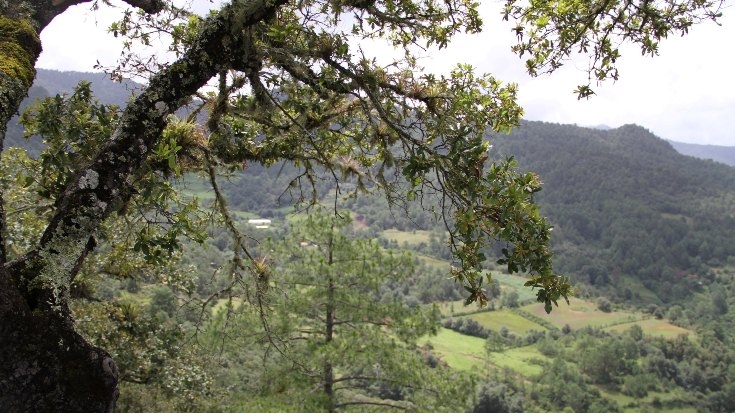Mexico’s significant natural resource capital, the high cost of environmental degradation, and the increasing risks posed by climate change highlight the importance of a green-growth agenda addressing critical policy concerns: the footprint of growth including urban planning, solid waste management, energy efficiency; and managing natural assets under pressure–focusing on forest, biodiversity, water management, and renewable energy.
Reducing the footprint of growth
The challenges:
- Fast urban development has been inefficient and needs to be greener.
- Costs of land and water degradation due to solid and liquid wastes have been increasing each year, impacting human health, the environment, and the economy.
- Enhancing energy efficiency is a key element in promoting low carbon development for the country.
The World Bank has a robust program to support the reduction of the footprint of growth:
- An ongoing project is supporting bus rapid transit solutions in cities and states, complemented by the Government’s Programa de Transporte Masivo (PROTRAM), which provides technical support to the same target clients in the design of comprehensive urban transport plans. Funding from the Clean Technology Fund is supporting the acquisition of clean technology buses, enhancing the scope of the project not only to improve mobility but also to reduce greenhouse gas emissions.
- A grant is supporting several Mexican cities in their efforts to clean air, and a carbon finance operation is supporting improvements to the Corredor Insurgentes Bus Rapid Transit system in Mexico City.
- Another grant is providing state-of-the-art knowledge to Mexico City on initiatives to open data in transport and supply-side schemes to reduce trips in heavily congested areas of the city.

